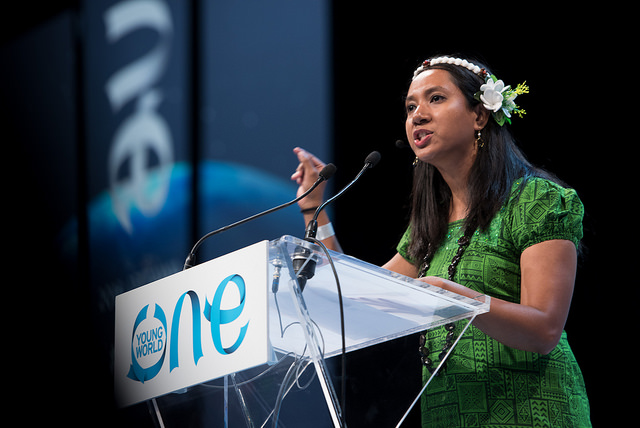What is holding back the clean energy revolution?
There is no time to lose on climate change. The hopes raised by last year’s Paris Agreement, when 194 countries agreed targets for limiting global warming, are already at risk of being dashed.
According to Mission 2020, the environmental campaign, six milestones must be met by 2020 if we are to achieve the United Nations Sustainable Development Goals of 2030. Mission 2020 says that renewables must outcompete fossil fuels as new electricity sources worldwide within three years; cities must commit to fully decarbonise infrastructure; transport should be zero emission; deforestation must be replaced by earth-friendly practices; heavy industry must be Paris compliant, and annual investment in climate action must rise above USD $1 trillion. The clock ticks.
In 2015, One Young World Ambassadors from 196 countries took part in the #CallOnCOP campaign ahead of COP21, in which they individually called on their respective national leaders to commit to a robust climate agreement.
And yet only one third of young people consulted by One Young World in a global survey said they believe their governments have taken positive action to achieve the UN’s sustainability goals.
Despite 80 per cent of young people in the survey saying they want greater government legislation to restrict the use of fossil fuels, many countries remain dependent on them and are seeing an increase in greenhouse gas emissions.
Only 30 per cent of survey respondents believe clean energy is affordable and accessible, with nearly half wanting their governments to subsidize it.
In this plenary, speakers will address how they are innovating in the energy sector despite barriers to achieving cheap, sustainable and modern energy for all.
